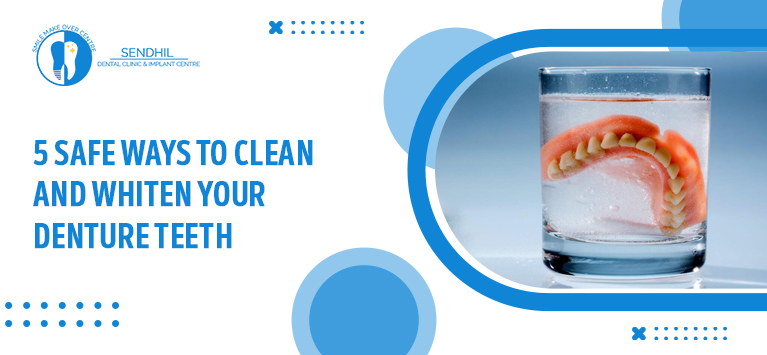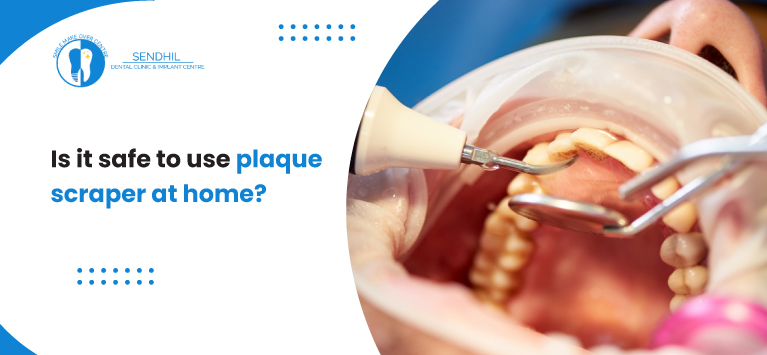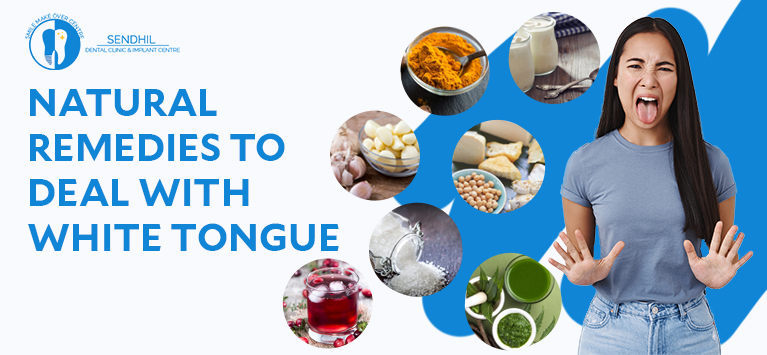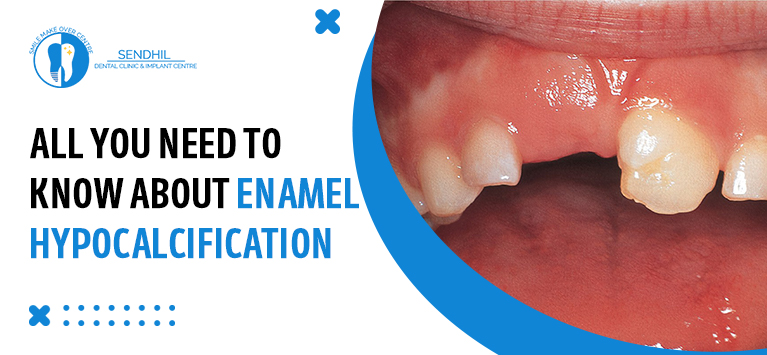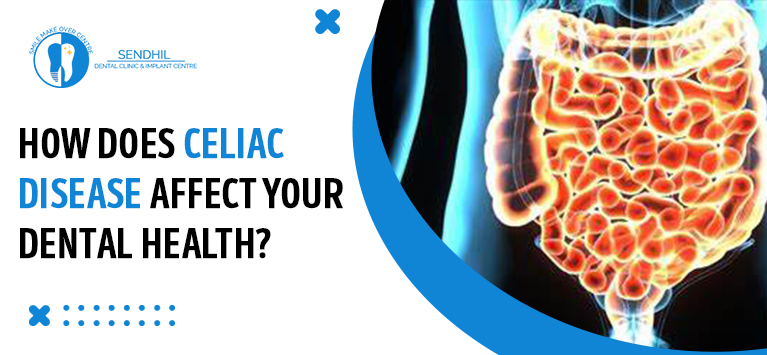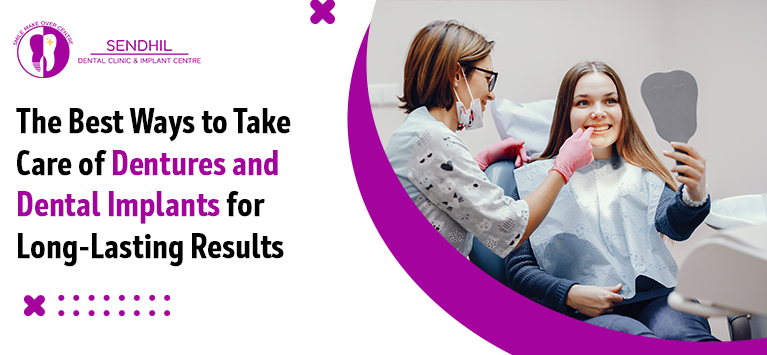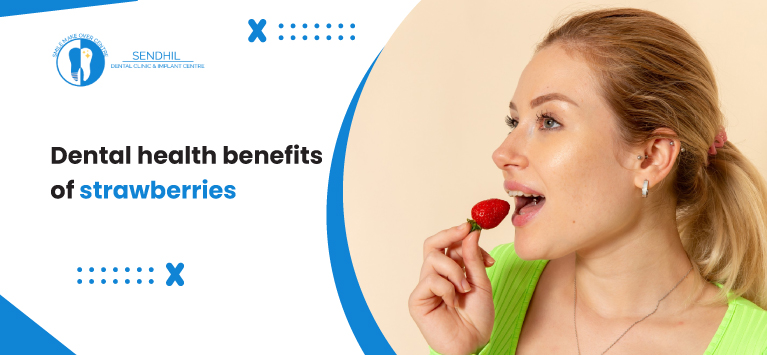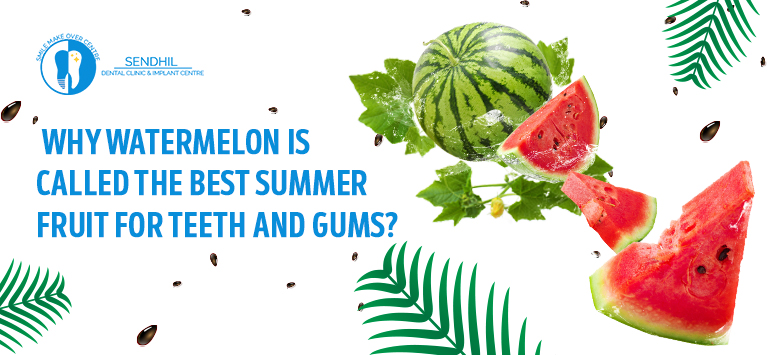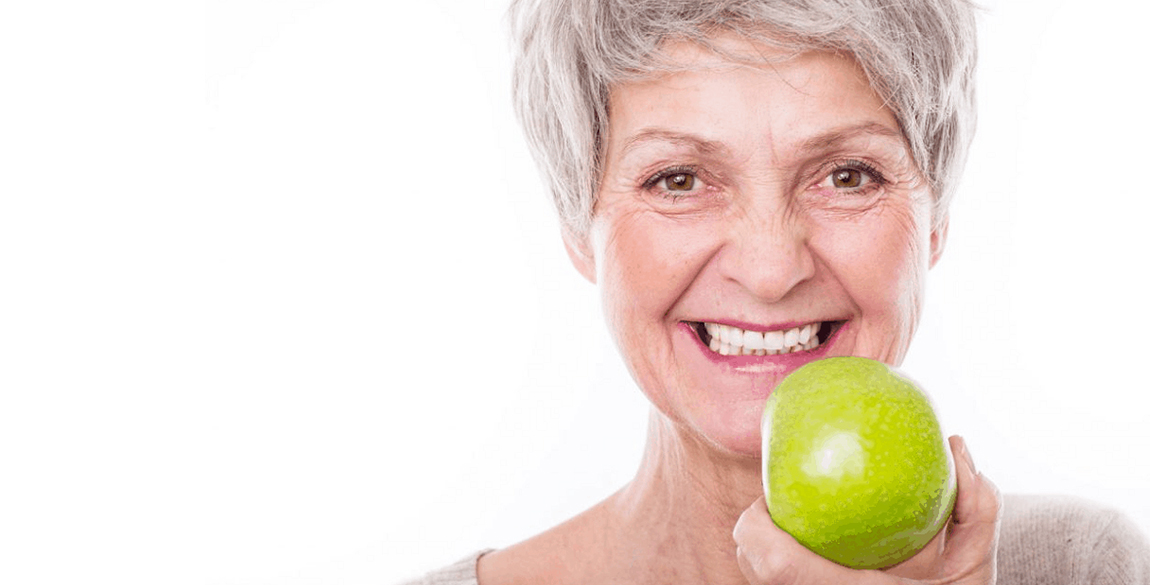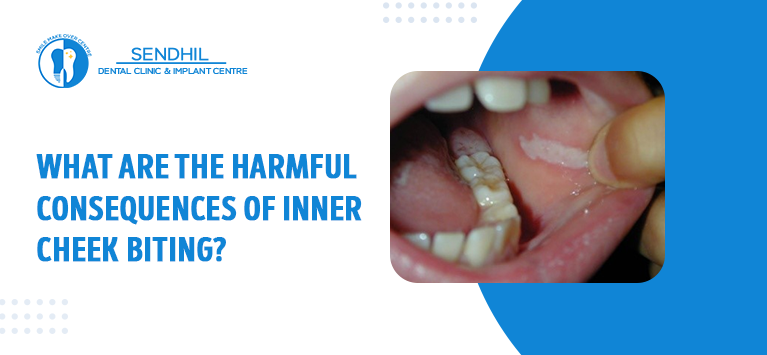
What are the harmful consequences of inner cheek biting?
Some people have the habit of biting their inner cheeks frequently. Likewise, certain bite the inner sides of their cheeks to ease their anger or depression. This is identical to habits like teeth grinding, jaw clenching and other habits that make your stress responds physically.
Even though the habit seems to be normal and benign, it will also become a root for many oral problems with constant or chronic bites in the inner cheeks.
Table of Contents
What causes cheek biting?
The medical term for this action is chronic cheek bite keratosis. It is a body-focused repetitive behavior same as the actions or habits like biting nails, plucking hair, grinding teeth, etc.
Apart from the body stimulated actions, accidental bites, various aspects contribute to chronic inner cheek bites. The important things to be mentioned are:
- Chewing the inner cheeks to distract attention from one activity
- Psychological factors
- Biting the cheeks and lips in the subconscious state (i.e.) while sleeping
- Wearing broken dentures
Besides these, wisdom teeth eruption and fitting improper crowns also injure the cheek surfaces. It also injures the chew linings and manifests all the possible side effects of chronic cheek bites even you do not bite cheeks.
What are the possible hazards of chronic cheek bites?
When you bite your cheek, it damages the hurts the lining membrane called buccal mucosa present inside the cheek. The frequent pressure exerted with biting on the injured region affects healing and cause creamy white colored lesions over the surfaces.
It induces chronic pain, burning sensation when you eat or drink fluids like masala drinks, beverages, etc. Other potential hazardous effects occur with this behaviour are as follows:
- Painful canker sores and Traumatic ulcers
- Minor salivary gland pathology
- Hyperkeratosis
- Infection in mouth
- Cancer
1) Painful canker sores
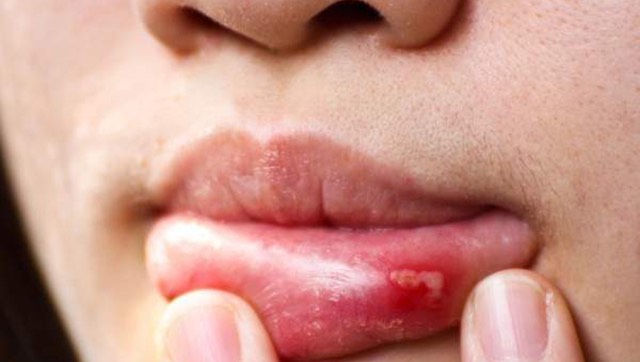
As mentioned earlier, when you bite and chew the cheek skin persistently, it hurts the mouth tissues and makes the bite too deep. This results in the injured region become too soft and vulnerable to bacterial infections.
Repetitive biting on such soft skin breaks the skin continuously which leads to canker sores and mouth ulcers. These problems have a bond with various oral discomforts like swelling, etc.
2) Minor salivary gland Pathology
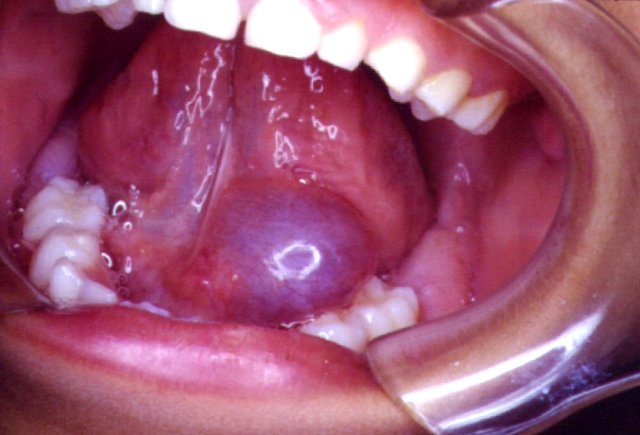
We have three pairs of salivary glands inside our mouth. They are located on the floor of the mouth, under the tongue and inside the cheeks. Besides these, cheeks have many tiny salivary glands.
When you have a deep bite in the cheeks, it opens a way for the bacterial infection in the salivary glands as well as the linings in the chin. The bacterial invasion on salivary glands obstructs the salivary flow. It makes the saliva gland swells and produces intense pain.
3) Cancer
Even though many people deny this, some researchers believe that cancerous growth is possible because of the repeated cell divisions.
When a person bites his/her inner cheek persistently, the cells in the damaged region becomes divided frequently. The uncontrolled division of cells causes cancer.
Likewise, the consistent agitation on epithelium present in the linings of cheeks will lead to a condition called metaplasia which may lead to cancerous tumor growth.
4) Hyperkeratosis
Generally, our body produces more cells in an injured region for protective coating. It also happens inside our mouth. The coated space can heal only if the irritant is removed.
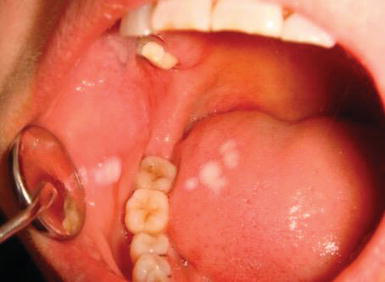
When you traumatize your inner cheek which is softer because of the frequent bites, it becomes keratosis with the extra cells. The keratinized spots in inner cheeks appear with white or grey colored borders and protruded a bit from the cheek surfaces. This makes the teeth abrade with the cheek due to the bulged surfaces even you do not bite the cheek skin.
It again harms the cheek and delays healing.
Bottom line
Trauma and infection in the inner cheeks are reversible when the agitator is restrained from the injured region. As the teeth of cheek biting persons are the irritators, they should break this habit.
Wearing mouthguards, chewing gums and various appliances help one to stop this hazardous habit. Visit your Dentist and you can get a solution to get rid of this behavior.


